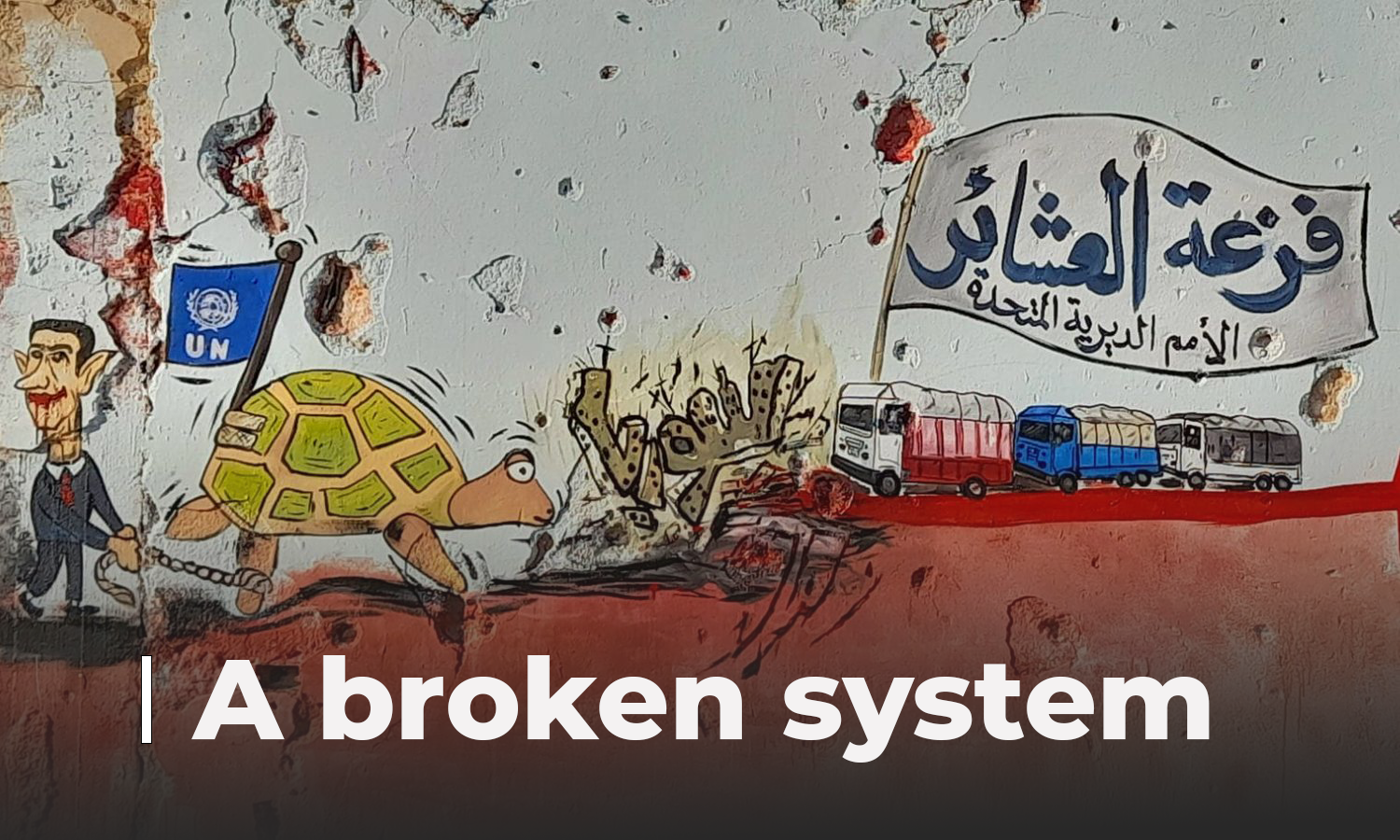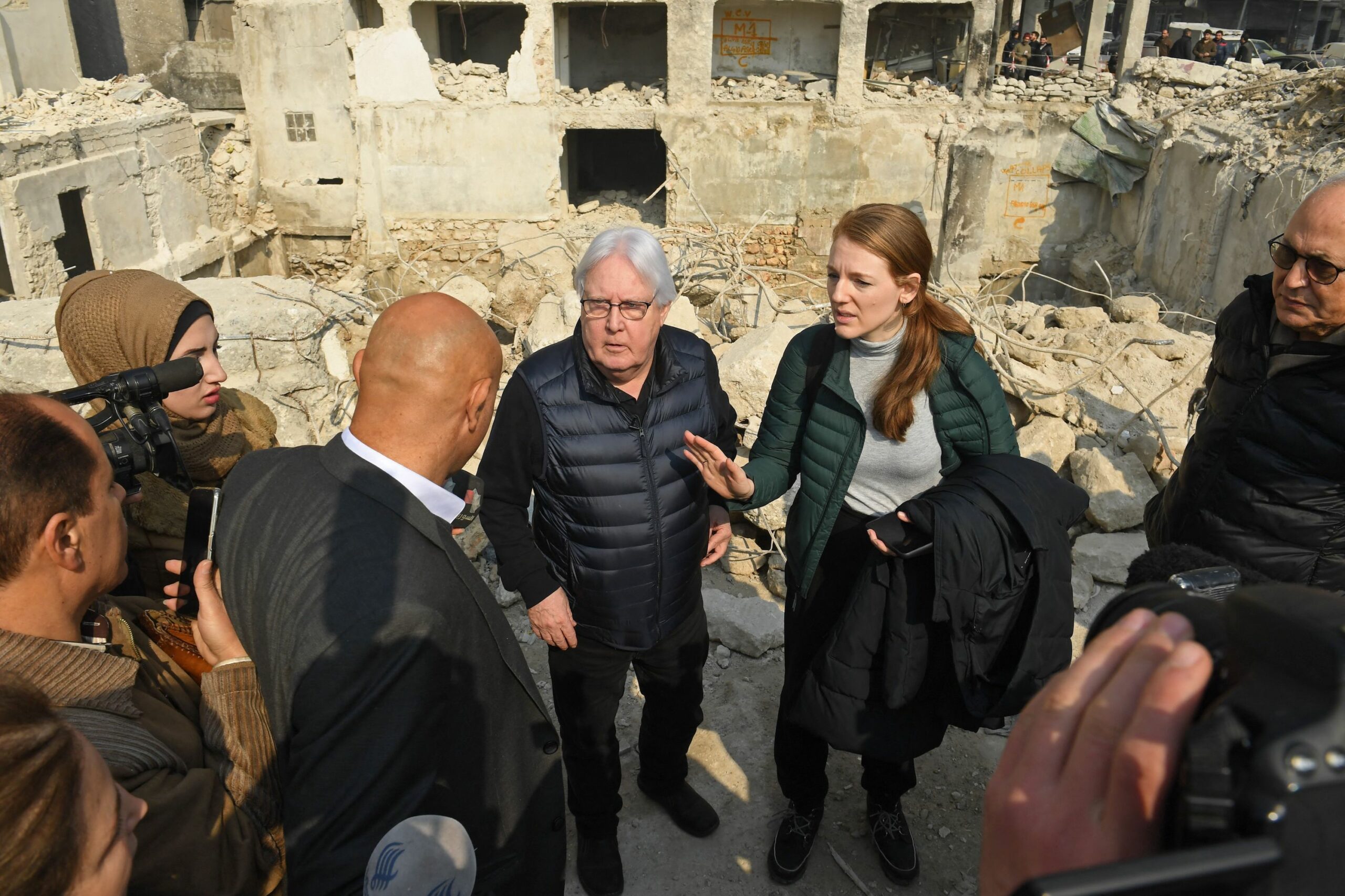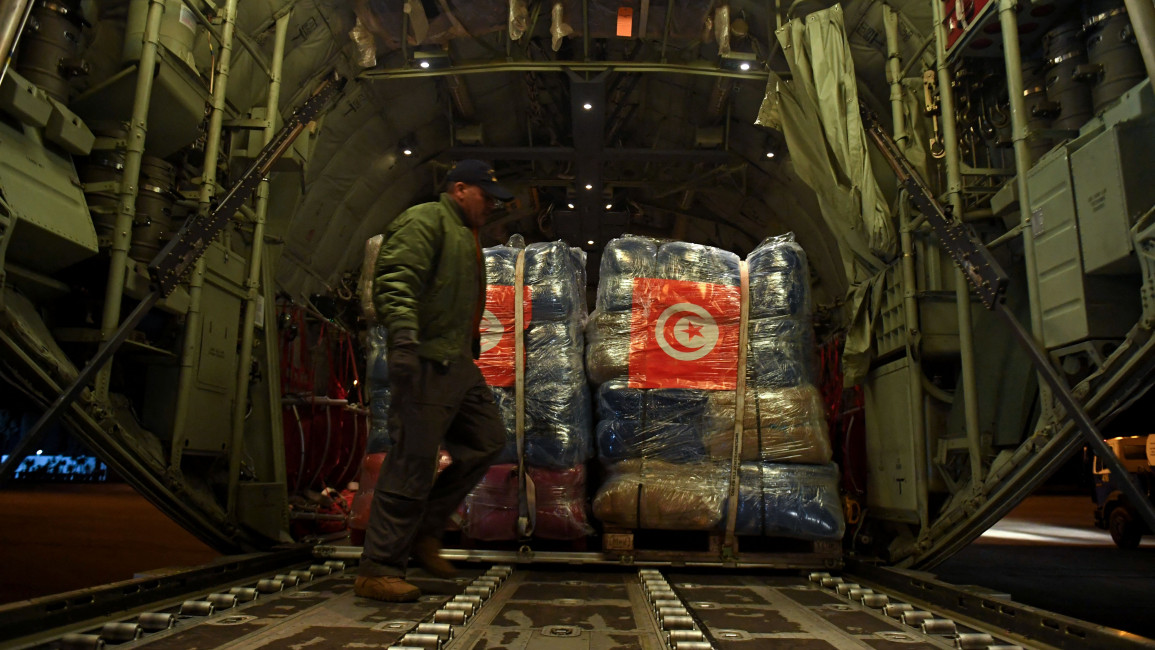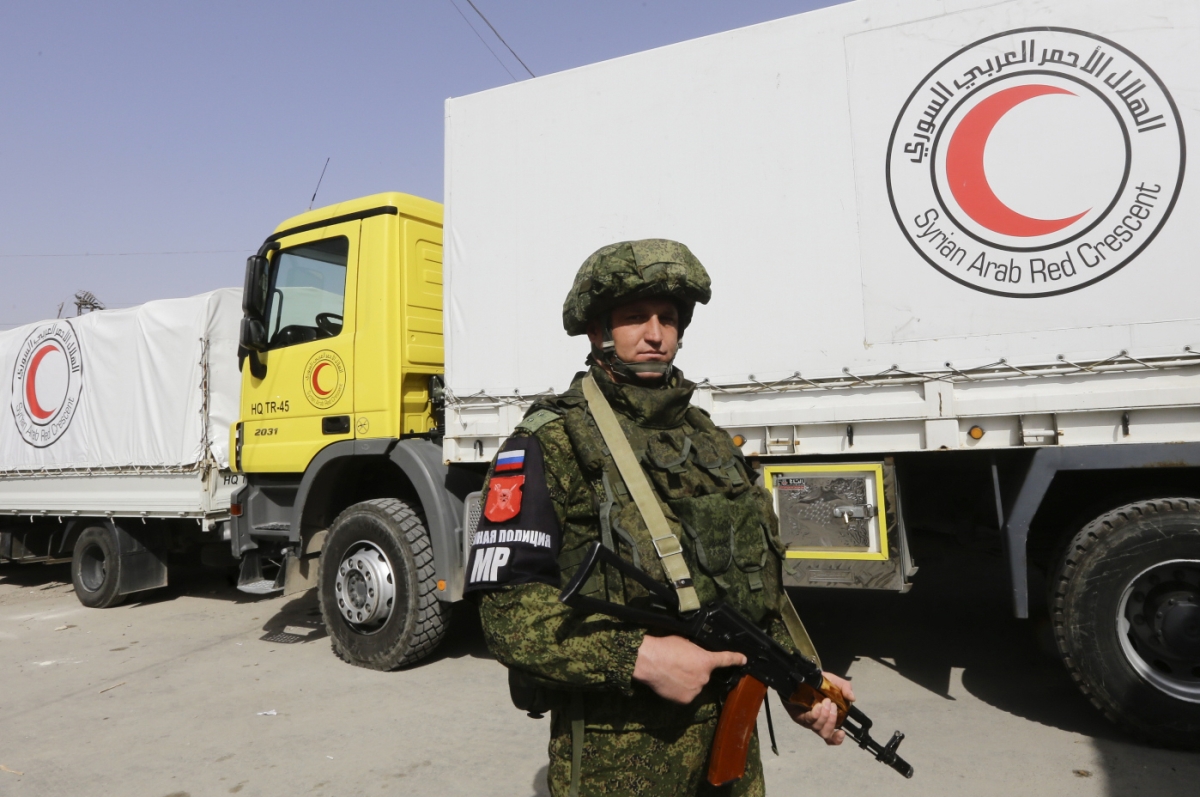
Written by ‘Ammar Muhammad
“They are right that we have abandoned them,” read the tweet from UN Emergency Relief Coordinator, Martin Griffiths. It came nearly a week after one of the greatest humanitarian disasters in recent history, and the most catastrophic series of earthquakes in a century.
Early Monday morning, around four on the 6th of February, before the sun had even risen hundreds of towns and cities across southern Turkey and northern Syria were jolted awake by a massive 7.6 earthquake.
The world was in awe of the devastating destruction that was on the televisions, all over the internet and in papers, they watched, aghast, as rescuers raced against time to save the thousands trapped beneath the rubble. Nations and civilians mobilized to get help to the victims, time was crucial, people were dying.
Meanwhile, those in northwestern Syria, desperately in need of search and rescue teams and equipment, medical specialists and supplies, waited with bated breath. Eager eyes trained on the Bab al-Hawa border crossing, the only lifeline for aid for the liberated areas.
The first vehicles began to appear, crossing from Turkey, yet they didn’t bring help for the living but instead carried the dead. Convoys loaded with the bodies of Syrian victims of the earthquake passed through the border crossing, while the news and aid organizations were claiming the roads and the border were closed hundreds of bodies continued to pour into Syria as hundreds more joined the dead, dying beneath the rubble waiting for help that would never come. So, what went wrong?

Fatal Failure
How could organizations like the UN, designed to abate disasters fail the Syrian victims so utterly? L24 asked Wael Alwan, director of the Jusoor Center for Studies (JCS) about the impact of the international community’s failure to respond quickly in the wake of the earthquakes, “the rapid and urgent intervention would have contributed to reducing the number of victims,” he said, “and the extent of the suffering felt by all the people of the region in northwest Syria, whose number exceeded three million people, who were directly affected by the earthquake.”
However, it took four days before any aid entered and six before the UN and international community began sending aid through the Turkey-Syria border crossings, three of which are in the heart of the worst stricken regions. The UN and other agencies mentioned logistic barriers, however, the roads were sound enough to send bodies from Turkey to Syria, so what were the real issues, were they legal?
Sanctions?
Claims were made that sanctions and international law prevented the rapid humanitarian response despite many legal scholars like those in the American Relief Coalition for Syria (ARCS) commissioned a study, released in November of 2022, which showed that cross-border aid delivery was legal without a mandate from the UNSC. Additionally, the US clarified that sanctions and provisions of the Caesar Act did not apply to the delivery of aid.
In a February 10th statement, four days after the earthquake and two days before the three borders began to receive large shipments of aid, Wally Adeyou, US Deputy Treasury Secretary said, “While US sanctions programs already contain strong waivers for humanitarian efforts, the Treasury Department is issuing a blanket general authorization for earthquake relief efforts, so that those providing assistance can focus more on what is needed to save lives and rebuild.”
Jusoor’s Alwan elaborated, “the sanctions did not include the humanitarian and food aid sectors, or even the exchange (of funds) related to the food sector or civil services. Therefore, the US did this … to withdraw the continuous pretext from the (Assad) regime, and to counter the narrative that [sanctions] are one of the causes of the deteriorating humanitarian and living conditions in the regime-controlled areas.”
While it seems that the reason for the delays was neither logistical nor legal many have pointed out that the UN hesitated for the same reasons that many other countries rushed to give aid, and that is for purely political, and not humanitarian, motivations.

Political
Within the first 24 hours of the earthquakes dozens of countries had contacted Damascus and began sending planes loaded with earthquake relief. Algeria, Armenia, Bangladesh, Belarus, China, Egypt, India, Iran, Iraq, Japan, Jordan, Kazakhstan, Libya, Oman, Pakistan, Russia, Saudi Arabia, Tunisia, UAE, and Venezuela sent planes to the airports of Aleppo, Damascus and Latakia all in the name of “earthquake relief.”
Yet, over the nearly 12 years of war the Assad regime has been proven to not deliver humanitarian aid to those in need, including those in their areas, selling it, hoarding it or using it for political leverage by withholding it from enemies or giving it to supporters. A former UN consultant and Syria analyst, Carsten Wieland said, “this has always been a war against the civilian population the attacks were always targeted at residential districts, at hospitals at bakeries where people were lining up to buy bread. As soon as Assad gets control of aid channels it’s never going to be used in a fair manner because he’s massively attacking those parts of the population and has no interest in their survival.”
L24 spoke with “Hamzah,” who lives under Assad regime control, and asked him about the earthquake and government handling of relief work. “There is a disaster and no one cares,” Hamzah told L24, “in the beginning, good people took over the aid distribution, then a decision was issued to deal only with the governorate, and here the theft began.”
He mentioned that if the aid is expensive then it is more likely to be sold or kept by the government, if its low quality or common items without much value it may, “reach 70% of the people, but certainly, not all aid will reach those in need.”

A Need for Change
The current mechanism for the delivery of aid in Syria, especially in the liberated areas where the majority of displaced and hardest hit civilians live, does not adequately facilitate the entry and distribution of aid. Numerous NGOs, including the UN have acknowledged the failings of the system and the need for changes in order to better serve the people.
Wieland opines, “This earthquake, to put it very cynically, is very convenient for (Assad). It’s killing these people without him having to bombard them… and has made apparent how absurd the humanitarian restrictions in Northwestern Syria are as a result of the Russians’ veto and the UN Security Council. It is time to change this international practice and listen to the school of international law that in times of extreme humanitarian suffering it is no longer necessary to go via the security council”.
Fadel Abdul Ghany, executive director of the Syrian Network for Human Rights (SNHR) proposes that the global community should develop parallel or alternate mechanisms of dealing with the humanitarian issue, independent of the present UN-based system saying, “donor states must learn from these disastrous mistakes and build an international impartial coordination platform that could play a crucial central role in relief efforts and in the distribution of international aid in non-regime territories.”









